Time Period: Divergent Prosperity and the Arc of Reform (1968 - 2022) - Starting with S
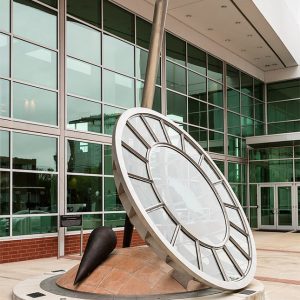 Straight Lines on a Round World
Straight Lines on a Round World
 Strawberry Festival
Strawberry Festival
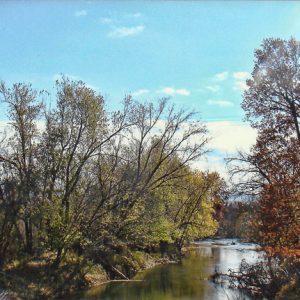 Strawberry River
Strawberry River
 Strawberry River Bridge
Strawberry River Bridge
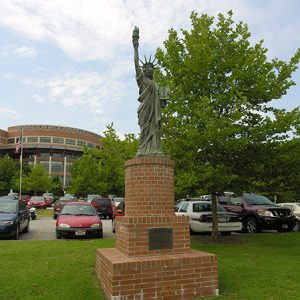 Strengthen the Arm of Liberty Monument
Strengthen the Arm of Liberty Monument
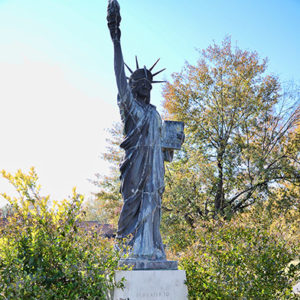 Strengthen the Arm of Liberty Monument
Strengthen the Arm of Liberty Monument
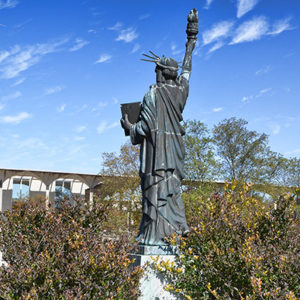 Strengthen the Arm of Liberty Monument:
Strengthen the Arm of Liberty Monument:
Stroger, John Herman, Jr.
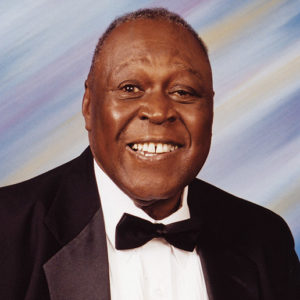 John Stroger
John Stroger
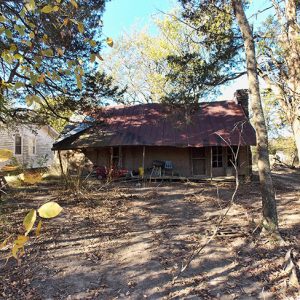 Strother Homestead
Strother Homestead
Stroud, John Fred, Jr.
Stubblefield, John
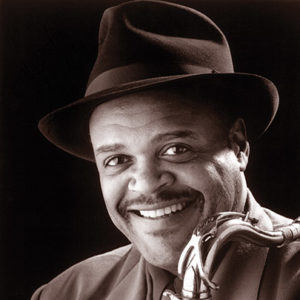 John Stubblefield
John Stubblefield
Student Nonviolent Coordinating Committee (SNCC)
Students United for Rights and Equality (SURE)
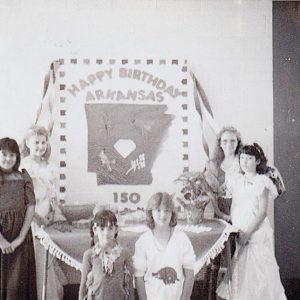 Students' Sesquicentennial Celebration
Students' Sesquicentennial Celebration
 Sturgeons
Sturgeons
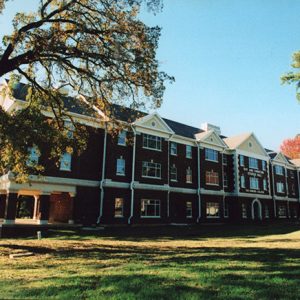 Sturgis Hall
Sturgis Hall
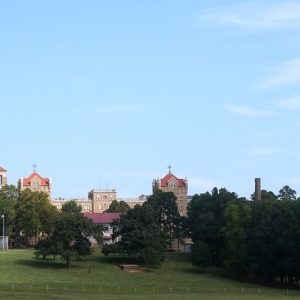 Subiaco Abbey
Subiaco Abbey
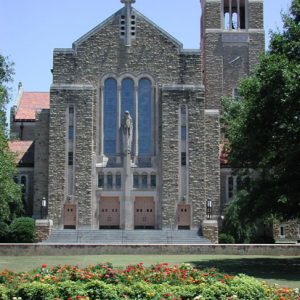 St. Benedict's Church at Subiaco
St. Benedict's Church at Subiaco
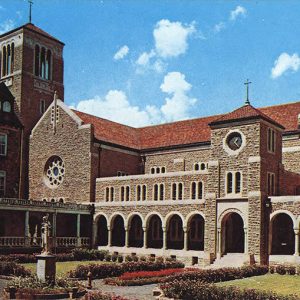 Subiaco Abbey Courtyard
Subiaco Abbey Courtyard
Sugar Lacey Series
aka: Sugar [Book]
aka: This Bitter Earth [Book]
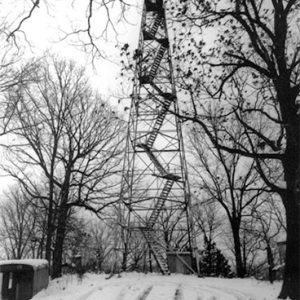 Sugarloaf Fire Tower
Sugarloaf Fire Tower
 Sugarloaf Mountain
Sugarloaf Mountain
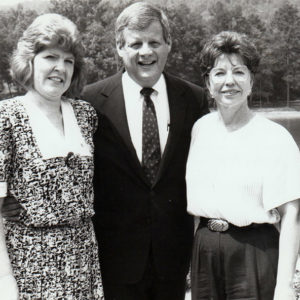 B. Alan Sugg
B. Alan Sugg
Sugg, Barney Alan
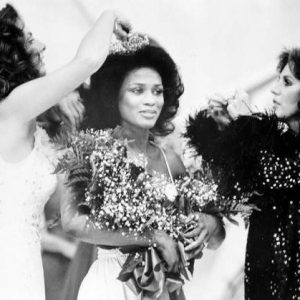 Lencola Sullivan
Lencola Sullivan
Sullivan, Orean Lencola
 Lencola Sullivan
Lencola Sullivan
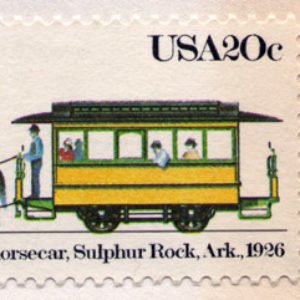 Sulphur Rock Streetcar Stamp
Sulphur Rock Streetcar Stamp
 Sulphur Shelf Mushroom
Sulphur Shelf Mushroom
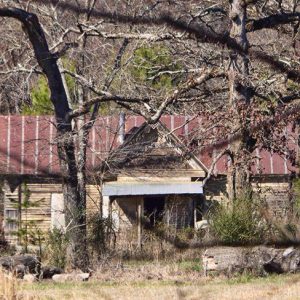 Sulphur Springs
Sulphur Springs
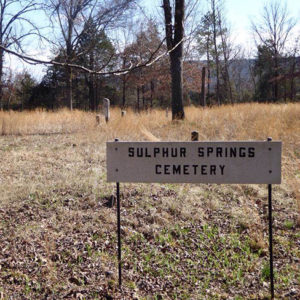 Sulphur Springs Cemetery
Sulphur Springs Cemetery
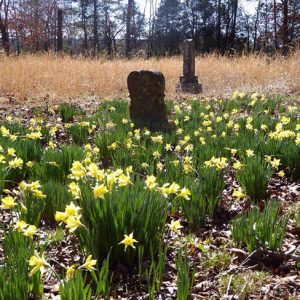 Sulphur Springs Cemetery
Sulphur Springs Cemetery
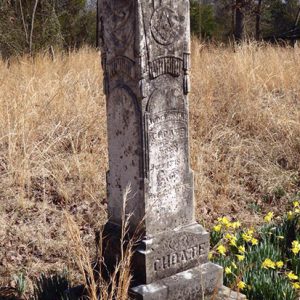 Sulphur Springs Cemetery
Sulphur Springs Cemetery
 Sultana Disaster Museum
Sultana Disaster Museum
 Summer of My German Soldier
Summer of My German Soldier
Summerall, George Allen “Pat”
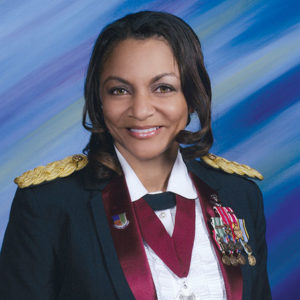 Yolonda Summons
Yolonda Summons
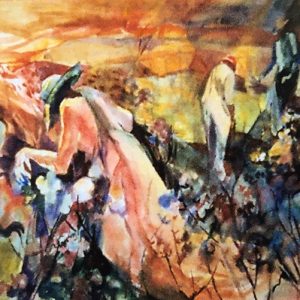 Sundown
Sundown
Sundown to Sunup Gospel Sing
aka: Albert E. Brumley Memorial Gospel Sing
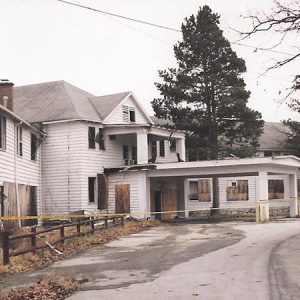 Sunset Hotel
Sunset Hotel
 Sunset Hotel Remnants
Sunset Hotel Remnants
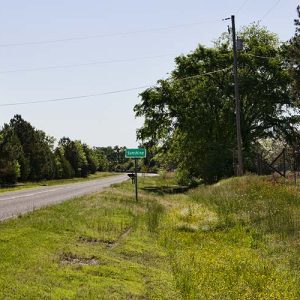 Sunshine
Sunshine
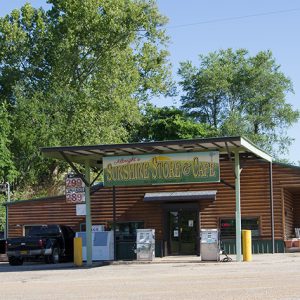 Sunshine Store
Sunshine Store
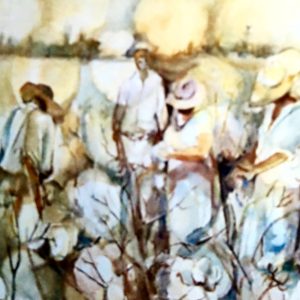 Sunup
Sunup
Superfund Sites
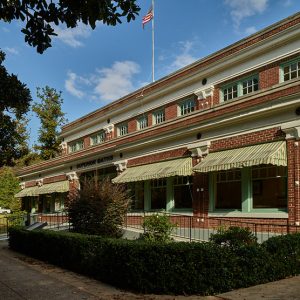 Superior Bathhouse
Superior Bathhouse
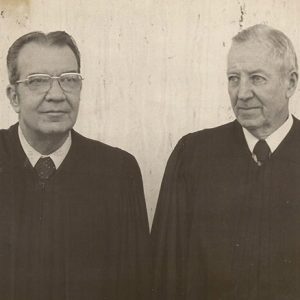 Supreme Court Justices
Supreme Court Justices




